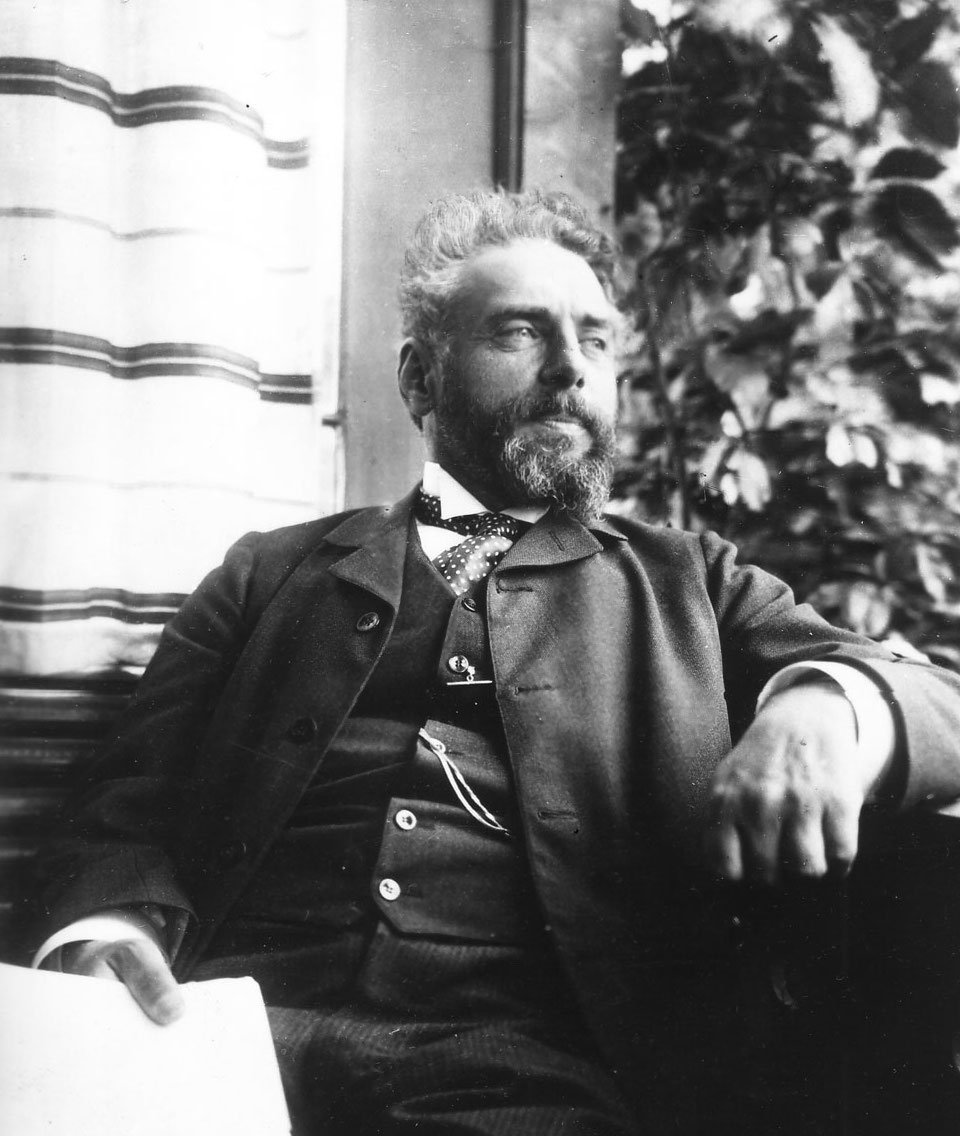Why was Henrik Pontoppidan Awarded the Nobel Prize for Literature in 1917?
Henrik Pontoppidan: A Nobel Laureate for Literature in 1917
In 1917, the Nobel Prize for Literature was awarded to Henrik Pontoppidan, a Danish author whose exceptional literary contributions earned him recognition on the global stage. His win raised curiosity among literature enthusiasts, prompting an exploration into the reasons behind his prestigious accolade.
1. Profound Exploration of Danish Society:
Henrik Pontoppidan’s writing was distinguished by its profound exploration of Danish society during the late 19th and early 20th centuries. His novels and short stories provided a vivid and insightful portrayal of the social, cultural, and political landscape of Denmark. Through his keen observations and astute characterizations, Pontoppidan shed light on the human condition, addressing issues such as class struggles, religious conflicts, and the challenges of modernity.
2. Realism and Psychological Depth:
Pontoppidan’s literary style was deeply rooted in realism, which contributed to the authenticity of his narratives. He delved into the intricacies of the human psyche, crafting multi-dimensional characters whose inner struggles and dilemmas resonated with readers. This psychological depth allowed Pontoppidan to create immersive stories that provided readers with a profound understanding of the complexities of the human mind.
3. Critique of Bourgeois Morality:
A recurring theme in Henrik Pontoppidan’s works was a critical examination of bourgeois morality and the limitations of societal norms. He questioned the moral fabric of the bourgeoisie, exposing the contradictions and hypocrisy that often accompanied societal conventions. His unflinching portrayal of human flaws and the consequences of moral ambivalence added depth and relevance to his writings, making them compelling and thought-provoking.
4. Notable Works:
Henrik Pontoppidan’s bibliography boasts a collection of impactful works that significantly contributed to his Nobel Prize recognition. Notable among them is his novel “Lykke-Per” (“Lucky Peter” or “Lucky Per”), a masterpiece that earned him widespread acclaim. The novel follows the life of its protagonist, Per Sidenius, as he grapples with personal ambitions, religious convictions, and societal expectations, making it an exploration of existential themes that transcended national borders.
5. Literary Legacy:
Beyond his individual works, Henrik Pontoppidan’s literary legacy left an enduring impact on Danish literature. He was a prominent figure in the Scandinavian Modern Breakthrough movement, which challenged traditional literary conventions and embraced new forms of storytelling. Pontoppidan’s innovative approach to literature, combined with his relentless pursuit of truth and realism, inspired subsequent generations of writers and paved the way for modern Danish literature.
Henrik Pontoppidan’s Nobel Prize for Literature in 1917 was a testament to his exceptional talent as a writer and his significant contributions to Danish and international literature. His profound exploration of Danish society, commitment to realism and psychological depth, critique of bourgeois morality, notable works like “Lykke-Per,” and lasting literary legacy all played pivotal roles in securing his place among the celebrated Nobel laureates. Pontoppidan’s works continue to be revered for their timeless themes and enduring relevance, cementing his status as one of Denmark’s most distinguished literary figures.





